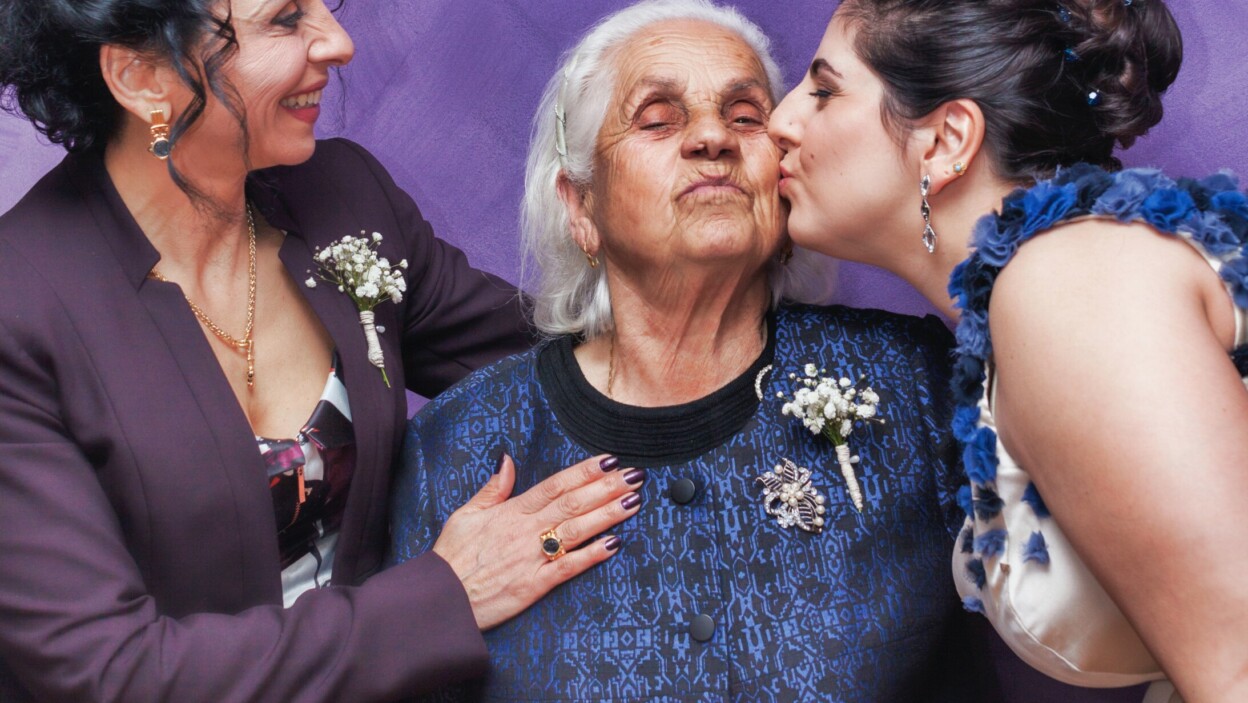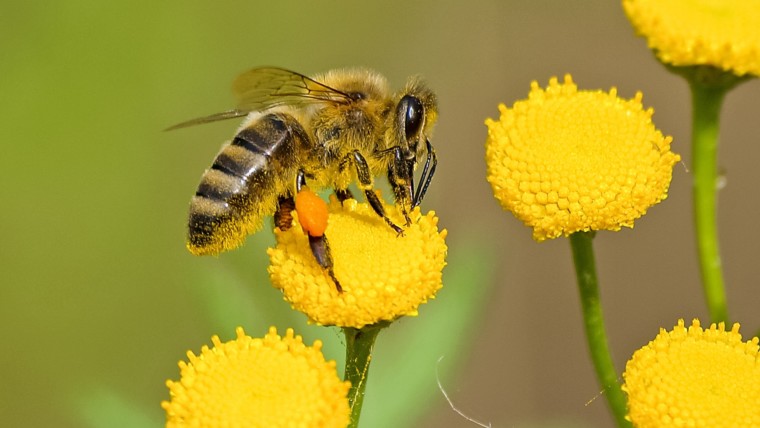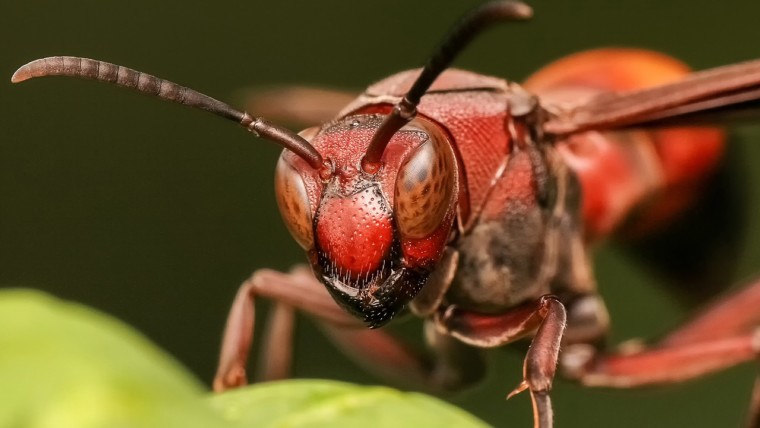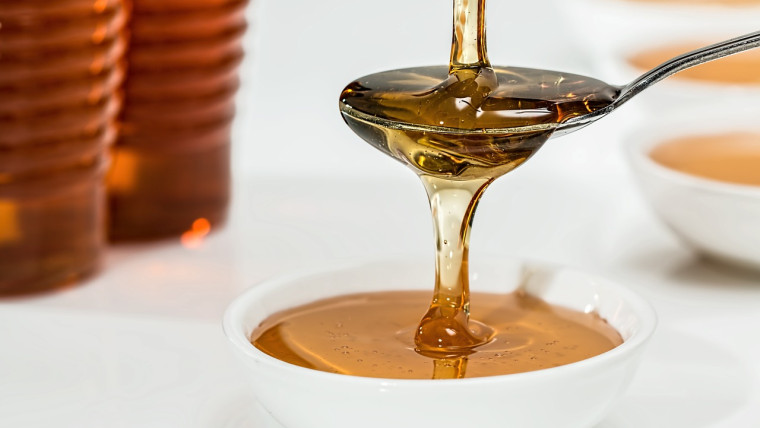
What Does the Research Say
Are bee sting allergies hereditary? This is a question you may be asking with the knowledge that a close family member has experienced an allergic reaction to being stung by a bee. And you are concerned that this may be a condition that runs in the family. To date, there is no clinical evidence to support this idea. Allergies are related to genetic makeup, but there are certainly other environmental factors that come into consideration when determining who will be allergic and to what. The venom from a bee sting is comprised of a number of agreed-upon proteins that impact the skin and immune system in a way that causes a targeted reaction at the site of the sting. This usually takes the form of pain and swelling as well as irritation around the location of the bee sting.
Allergic Reactions Can Vary Between Incidents
You will usually see abating of these symptoms after several hours. Approximately ten percent of people stung by bees will have a more severe reaction to a sting. This can manifest as significant swelling and extreme redness at the point of the attack. In these instances, it can take a week to ten days before complete relief is seen. It should be noted that reactions to bee stings can vary from one incident to another. Meaning you may not have the same reaction each time you are stung. If you get stung multiple times you may have a more severe reaction that could require emergency medical treatment. Anaphylaxis is a serious reaction to a bee sting that occurs in about three percent of people who are attacked. This condition could be life-threatening and requires immediate emergency medical treatment. The patient that has experienced this event in the past will need to carry an epinephrine auto-injector pen as protection in the event of another sting. This medication tool can be obtained with a doctor’s prescription. The patient will be instructed on the proper use of this medication and when to use it.
Because A Family Member Is Allergic Doesn’t Mean You Will
You should be content in the knowledge that just because a family member exhibits an allergy to being stung by a bee does not mean that this will apply to you as well. You can seek the advice of an immunologist who can administer a skin test to determine if you have a particular allergic reaction to certain stimuli. Some of the more serious symptoms to be made aware of to severe allergic reaction are: trouble breathing, stomach cramps, dizziness, itching, and hives as well as swelling over other areas of the body aside from the site of the sting. Swelling of the face, throat, and tongue is possible. If you don’t have extreme reactions to a bee sting and no hospitalization is required you can usually treat bee sting with products that can be purchased over the counter. Examples of which would be Hydrocortisone cream to reduce swelling and ease itching. Wrap some ice cubes in a towel and apply to the spot of the sting for a period of ten minutes on and ten minutes off. You can also take an Antihistamine to relieve some of the symptoms.
How To Avoid Being Stung
There are a number of ways you can reduce the chances that you will be stung again. Such as not swatting a bee wait for it to leave on its own without you making any aggressive moves towards it. Or you can gently redirect it away from you by moving it aside with your hand. Don’t drink from an open can of soda around bees, they are attracted by this. Wear long-sleeve shirts and pants when out of doors. You don’t want to expose your feet by not wearing shoes or wearing open shoes such as sandals. When riding in the car keep the windows rolled up. Make sure the windows in your house or apartment have insect screens. Don’t wear sugary-smelling perfumes around bees this will attract them. Bees are also attracted to brightly colored clothing so avoid wearing it during bee season.
The Risk of Even Being Allergic Are Low
Finally don’t worry about bee allergies being hereditary because as we have shown this simply is not the case. You are not likely to be at an increased risk of having an allergic reaction just because of a family history. Information from the Journal of Asthma and Allergy advice’s that 5 to 7.5 percent of people will have a serious allergic reaction to a bee sting in their lifetimes. So the chances of you even having an allergic reaction are low, much less having a reaction because of familial ties. So enjoy the wonderful outdoor season and have a delicious slice of life. And put those Hot-dogs on the grill.






